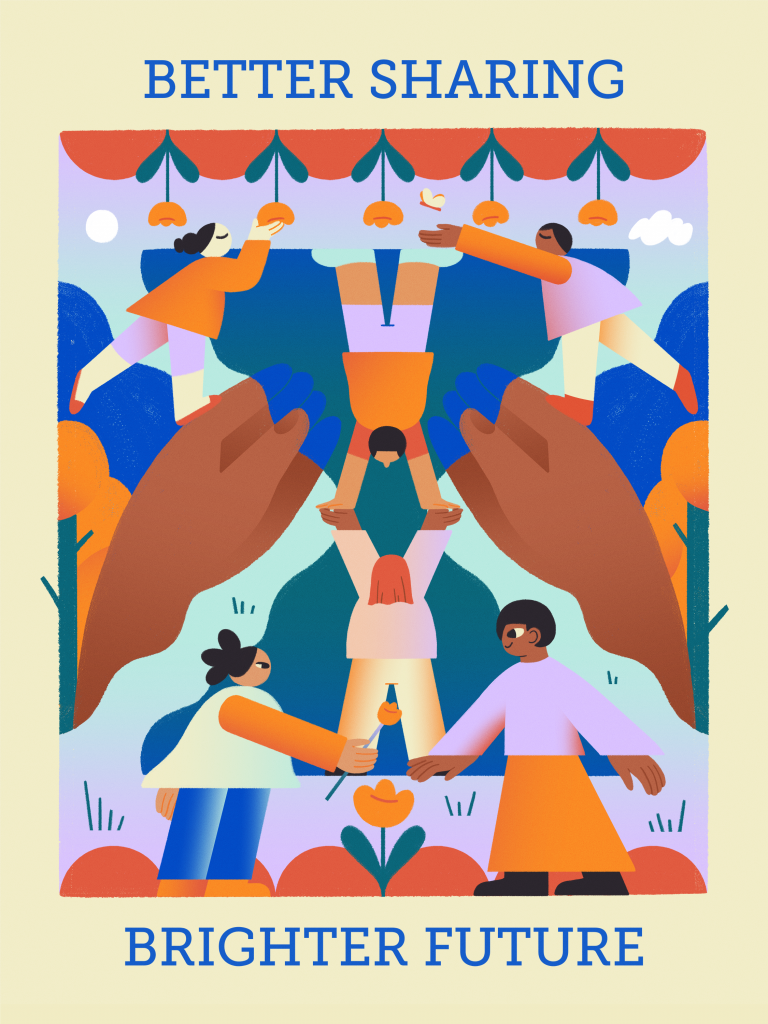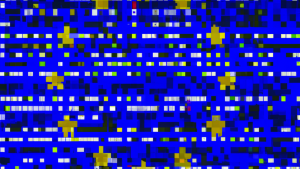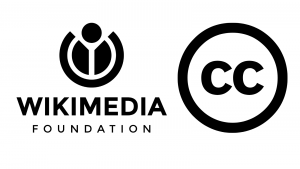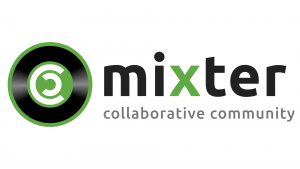Creative Commons Announces New Board Members: Marta Belcher, James Grimmelmann & Luis Villa
mercredi 5 juillet 2023 à 19:03I am delighted to introduce the latest additions to the Creative Commons Board of Directors: Marta Belcher, James Grimmelmann, and Luis Villa. They each bring unique skills and experiences, and they’re all passionate advocates for Creative Commons and the open movement.
We are at a pivotal moment in the development of Creative Commons. As we focus on CC’s strategic goal of accelerating better sharing and prepare for the first CC Global Summit since 2019 in Mexico City this October, the insights of Marta, James, and Luis will be invaluable.
Their appointment was made possible through an open nomination process steered by the Governance and Nominations Committee Chair, Carolina Botero, who harnessed the insights of the CC Global Network. I would like to thank the committee for their work, and a hearty welcome to Marta, James, and Luis. Let us all welcome them with open arms as they embark on their journey with us.
About the new board members:
Marta Belcher
Marta Belcher holds multiple esteemed positions in the tech and legal sectors, notably serving as President, Chair, General Counsel, and Head of Policy for the Filecoin Foundation and the Filecoin Foundation for the Decentralized Web. Additionally, she is an integral part of Protocol Labs. She also lends her expertise to the Electronic Frontier Foundation as a Special Counsel. Marta is also a Board member of the Blockchain Association and the Zcash Foundation, and a member of Paradigm’s Crypto Policy Council. Marta is a pioneer in blockchain law and policy, and has testified in Congress and state legislatures, as well as speaking in European Parliament. Marta was previously an intellectual property litigator at Ropes & Gray, and has submitted briefs in the U.S. Supreme Court and U.S. appellate courts for high-profile public interest organizations, including EFF, the Center for Democracy & Technology, Public Knowledge, the Cato Institute, the National Consumers’ League, the Blockchain Association, and Project Gutenberg. Marta has been recognized by the Financial Times Innovative Lawyer awards, by Law360’s list of Top Attorneys Under 40, by CryptoWeekly’s list of Most Influential Women in Crypto, and as Business Intelligence Group’s Woman of the Year.
James Grimmelmann
James Grimmelmann is the Tessler Family Professor of Digital and Information Law at Cornell Tech and Cornell Law School. His work is primarily focused on how laws regulating software affect freedom, wealth, and power. His role often involves helping lawyers and technologists understand each other, and he’s applied concepts from computer science to tackle legal problems. He’s also written a casebook titled “Internet Law: Cases and Problems” and over fifty articles on a range of topics within computer and internet law. He holds a J.D. from Yale Law School and an A.B. in computer science from Harvard College. Before law school, he worked as a programmer for Microsoft; after graduation, he clerked for a federal appellate judge. He is an affiliated fellow of the Yale Information Society Project. He previously taught at New York Law School, Georgetown, and the University of Maryland. He has written for Slate, Salon, Wired, Ars Technica, and Publishers Weekly; he is a regular source of expert commentary for major news media including the New York Times, the Wall Street Journal, the Washington Post, and All Things Considered. He and his students created the Public Index website to inform the public about the Google Books settlement.
Luis Villa
Luis Villa has made significant contributions to the open community since the late 90s, taking on a multitude of roles. He started as a developer, later transitioning into legal and board positions. His experience spans renowned organizations like Mozilla and the Wikimedia Foundation, where he held critical positions. In addition, he has provided legal counsel to a spectrum of companies, from small startups to giant Silicon Valley firms. His involvement in the open-source community extends beyond his professional roles. As a community member and informal advisor, he has worked with organizations such as Open Street Map, the Open Knowledge Foundation, the World Wide Web Consortium, and OpenETdata.org. Luis is also a co-founder and General Counsel at Tidelift, where the mission is making open source work better for everyone, including the maintainers behind the projects we all rely on, and the enterprises benefiting from their creations.
The post Creative Commons Announces New Board Members: Marta Belcher, James Grimmelmann & Luis Villa appeared first on Creative Commons.



 We are thrilled to announce that Wikipedia and other Wikimedia projects have now adopted version 4.0 of the Creative Commons BY-SA license! The project first began using
We are thrilled to announce that Wikipedia and other Wikimedia projects have now adopted version 4.0 of the Creative Commons BY-SA license! The project first began using 